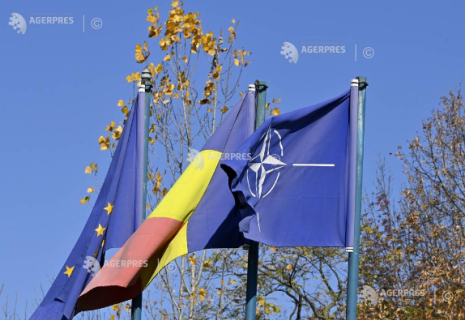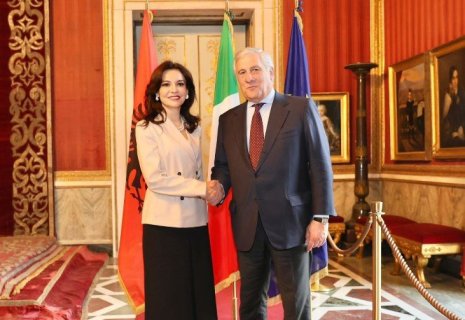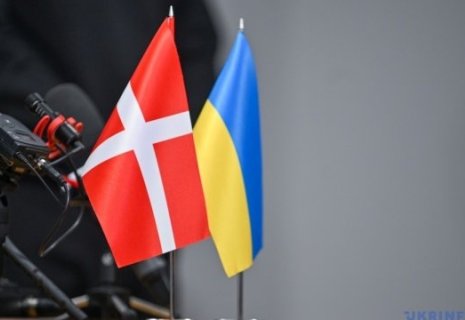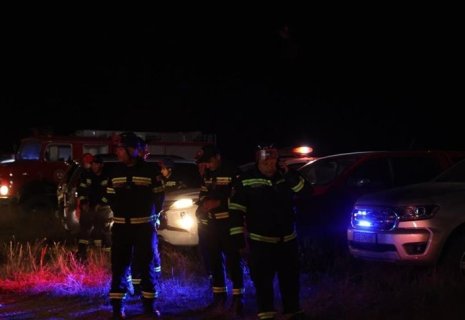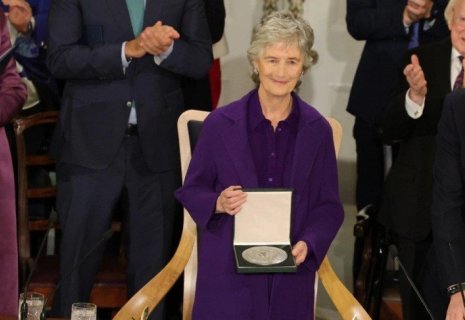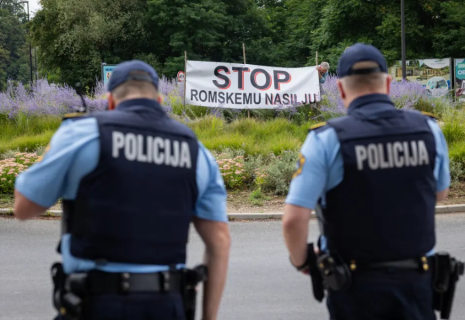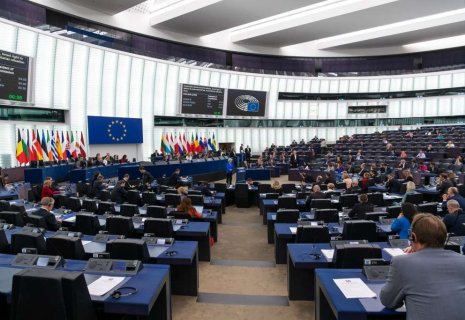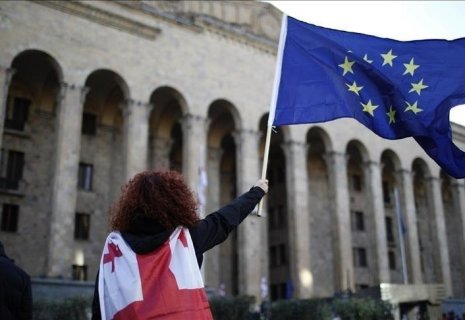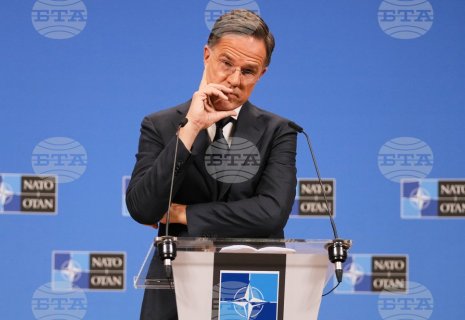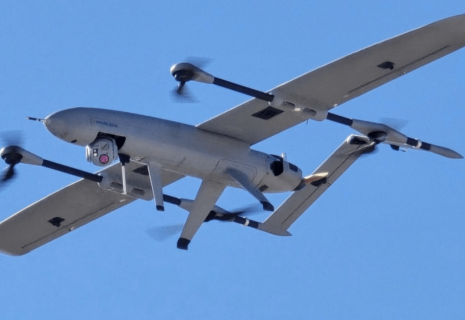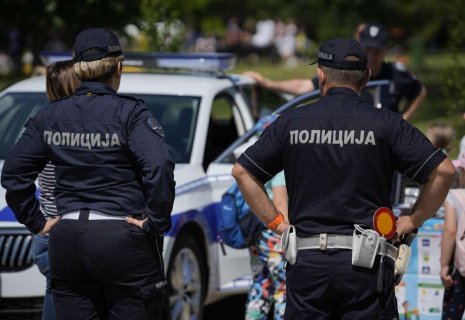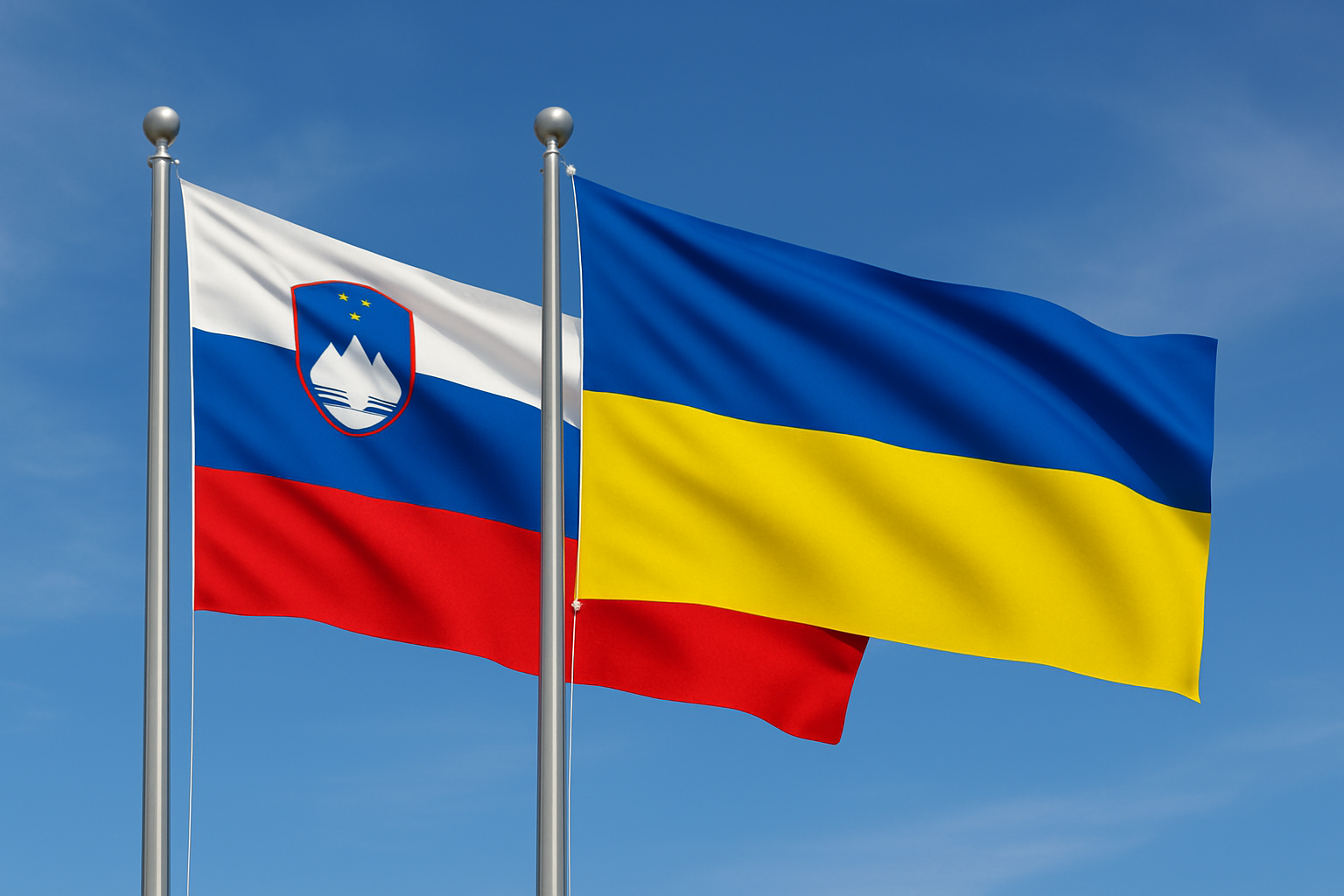
Slovenian Foreign Ministry on Ukraine’s recovery and European integration - EXCLUSIVE
CE Report presents an exclusive interview conducted via email with the Ministry of Foreign and European Affairs of the Republic of Slovenia, focusing on the implementation and impact of the new technical and financial cooperation agreement with Ukraine, as well as Slovenia’s broader humanitarian and development assistance in the context of Ukraine’s recovery and European integration.
Could you please share further details about the implementation timeline and funding mechanisms under the new technical and financial cooperation agreement? Which specific Slovenian and Ukrainian institutions will be responsible for coordinating joint projects under this framework?
After the entry into force, the implementation of the new Agreement between the Government of the Republic of Slovenia and the Government of Ukraine on Technical and Financial Cooperation will be guided by a phased and partnership-based approach.
Specific programmes and projects will be identified jointly by both governments through their designated National Coordinators — the Ministry of Foreign and European Affairs of Slovenia and the Secretariat of the Cabinet of Ministers of Ukraine. These projects will be planned and implemented based on Ukraine’s national priorities, ownership principles, and development needs. The Agreement has been concluded for an indefinite period. However, each project or programme will have a defined timeframe, budget, and implementation modality.
Regarding funding mechanisms, Slovenia will provide both technical and financial assistance, determined by the value of each approved programme or project. Financial assistance may include grants to finance goods, equipment, materials, works, and services essential for implementation. Technical assistance will involve the transfer of expertise, know-how, and capacity-building activities.
Are there any priority sectors or pilot projects already identified for 2025?
In 2025, Slovenia is implementing a broad range of development and humanitarian projects in Ukraine. These initiatives reflect Slovenia’s strong commitment to supporting Ukraine’s recovery, reconstruction, and path toward European integration.
The Centre for European Perspective (CEP) is leading the “Reconstruction of Ukraine” programme, part of the U-LEAD with Ukraine initiative, which focuses on strengthening the institutional capacities of Ukrainian municipalities and promoting sustainable local development through the exchange of Slovenian governance and EU integration practices.
Several projects are being implemented through the ITF Enhancing Human Security, including mine action and victim assistance in cooperation with URI Soča, training programmes in humanitarian demining for veterans, and medical rehabilitation for war victims. ITF, in partnership with Slovene Philanthropy and Zhiva-Ya, is also supporting mental health and psychosocial care for children and parents affected by the conflict.
Under its strategic humanitarian partnership, Slovenska karitas is leading key assistance projects — rebuilding homes and public infrastructure in the Kharkiv region, organising rehabilitation programmes for Ukrainian children in Slovenia, and delivering humanitarian aid and psychosocial rehabilitation for displaced families and children with special needs in Zhytomyr and other regions.
In addition, the Centre for International Cooperation and Development (CMSR) is focusing on child protection through the construction of two foster homes in the Khmelnytskyi region and the building of a family foster home in Kamianets-Podilskyi. These projects provide safe, energy-efficient housing and better access to education and social services for children without parental care.
Complementary to the Slovenian humanitarian and development assistance through international organizations, these initiatives demonstrate Slovenia’s sustained support for Ukraine’s recovery—combining humanitarian aid, social rehabilitation, and technical cooperation to help rebuild communities and strengthen local capacities across the country.
How does Slovenia’s current approach to humanitarian and development assistance differ from its initial wartime support?
At the beginning of the war, Slovenia’s support to Ukraine was focused on emergency humanitarian aid — delivering food, medical equipment, shelter materials, and other urgent assistance to people displaced or directly affected by the conflict. The priority then was an immediate response to save lives and alleviate suffering.
Since then, Slovenia’s engagement has evolved from emergency relief to enhancing resilience, long-term recovery and development cooperation. Our current efforts focus on combining humanitarian action with reconstruction and institutional strengthening. This includes rehabilitation for war victims, psychosocial support for children and families, reconstruction of housing and public infrastructure, and the transfer of Slovenian expertise in good governance and EU integration.
Slovenia’s approach today is guided by the nexus principle — integrating humanitarian aid, recovery, and development to enhance Ukraine’s security and resilience. In 2025, Slovenia will allocate over €5.4 million, and in 2026, more than €7.1 million from its official development assistance funds to projects that link relief with reconstruction and sustainable development, particularly in areas such as demining, education, support to vulnerable groups, institutional capacity, and infrastructure rebuilding.
Furthermore, Slovenia is also making significant efforts to deepen its engagement in the Ukraine Investment Framework. While several Slovenian companies were already active in Ukraine prior to the conflict, we are encouraging others to join.
Does the agreement envisage broader regional cooperation with other EU member states involved in Ukraine’s reconstruction efforts?
The agreement provides a framework that allows for broader regional and multilateral cooperation with other EU member states and international partners engaged in Ukraine’s reconstruction. While it is a bilateral framework between Slovenia and Ukraine, it is fully aligned with EU and OECD DAC policies and principles of development cooperation, enabling joint initiatives with other European donors and institutions.
An example of ongoing cooperation with other EU member states is an involvement of Slovenian Centre for European Perspective in the U-LEAD with Europe Programme that is a multi-donor action operating in all 24 regions of Ukraine to strengthen municipalities (hromadas) in their work.
This interview was prepared by Julian Müller

